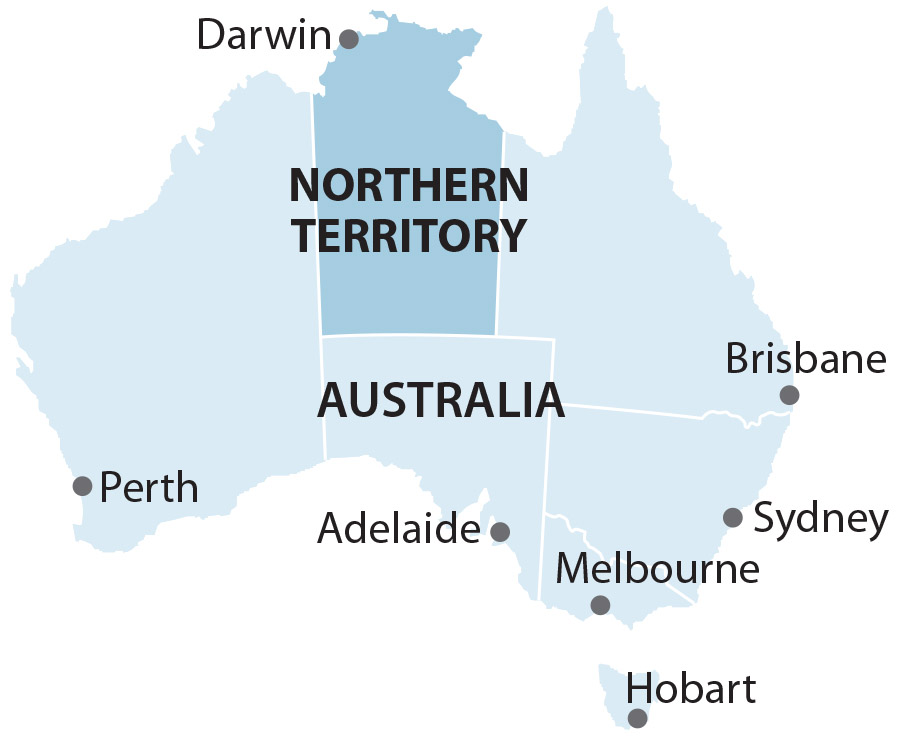IEEFA: Folly of wasting Australian taxpayer cash on Beetaloo gas

The Australian Government’s obsession with wasting taxpayers’ money on gas is leading Australia’s economic recovery from COVID-19 to a “dead end”, according to a new report by the Institute for Energy Economics and Financial Analysis (IEEFA).
The country’s main export customers will use less gas in the future
The report finds that all indicators show Australian consumers and the country’s main export customers will use less gas in the future.
“The world is fast moving towards net zero emissions policies fuelled by cheap renewable energy that expensive gas simply cannot compete with,” says IEEFA’s Gas and LNG Energy Finance Analyst Bruce Robertson.
“Similar to the terminal decline of coal globally, we are now seeing the rapid decline of gas as a major source of fuel in the international and domestic energy system, being replaced by renewable energy and newer more sustainable technologies.
“The very rationale for embarking on a gas-fired recovery plan post COVID-19 has been removed.
“This failure to acknowledge the current global energy transition away from fossil fuels and into sustainable, clean renewable energies is leading Australia’s economic recovery policy to a ‘dead end’.”
The report comes following multiple multi-million dollar announcements by the Australian Government intended to encourage fracking companies – some with links to offshore tax havens and Russian oligarchs – to exploit the heart of the Northern Territory.
The price of gas produced in the NT means it’s simply unable to compete with cheaper renewables
Mr Robertson said in addition to demand declining due to net zero climate commitments by countries that traditionally bought Australia’s gas, such as Japan, South Korea, and China, the price of gas produced in the Northern Territory meant it was simply unable to compete with cheaper renewables.
“Grid scale batteries are now cost competitive with gas, eating into gas’ market share for peaking power,” he says.
“In supporting a gas-fired recovery, Australia is subsidising a losing industry that is experiencing export and domestic market declines.
“Gas companies are not lining up to explore the Beetaloo, in part because it is simply too expensive. Despite all the hype about this basin, Origin Energy, for example, is actually farming down its interest in its Beetaloo permits.
“As admitted by APPEA (Australian Petroleum Production & Exploration Association), any commercial gas production out of the Beetaloo Basin in the Northern Territory – if it ever happens at all – would most likely start in the second half of the decade subject to highly speculative drilling success. This will not provide the necessary economic stimulus coming out of the COVID-19 recession.”
Fast facts:
- Domestically, gas use in industry has fallen 12% since 2014.
- The Australian Energy Market Operator (AEMO), the only agency to model a future electricity grid for Australia, has shown that by 2040 the role of gas in a renewables rich grid is smaller than today.
- Qatar, the world’s biggest LNG exporter until last year, has advised it is pushing ahead with a huge expansion of capacity, taking it from 77 million tonnes a year to 110 million tonnes a year by 2025. Qatar is a very low cost producer, arguably the lowest cost producer in the world. Australian projects will struggle to compete with this new cheap supply.
Media contact: Kate Finlayson ([email protected]) +61 418 254 237
Author contact: Bruce Robertson ([email protected])













